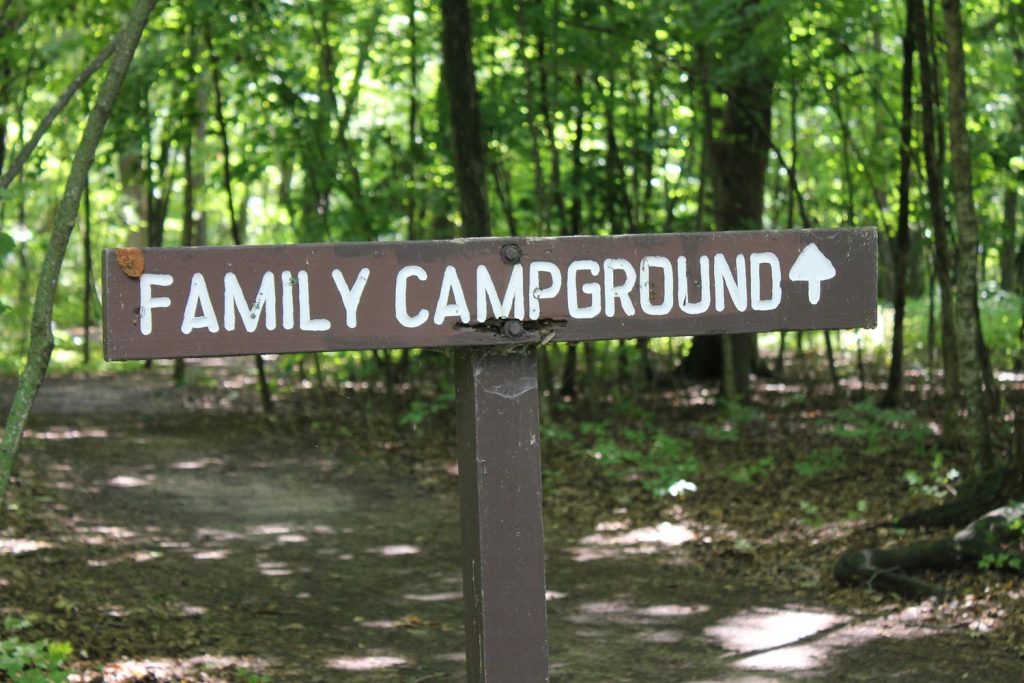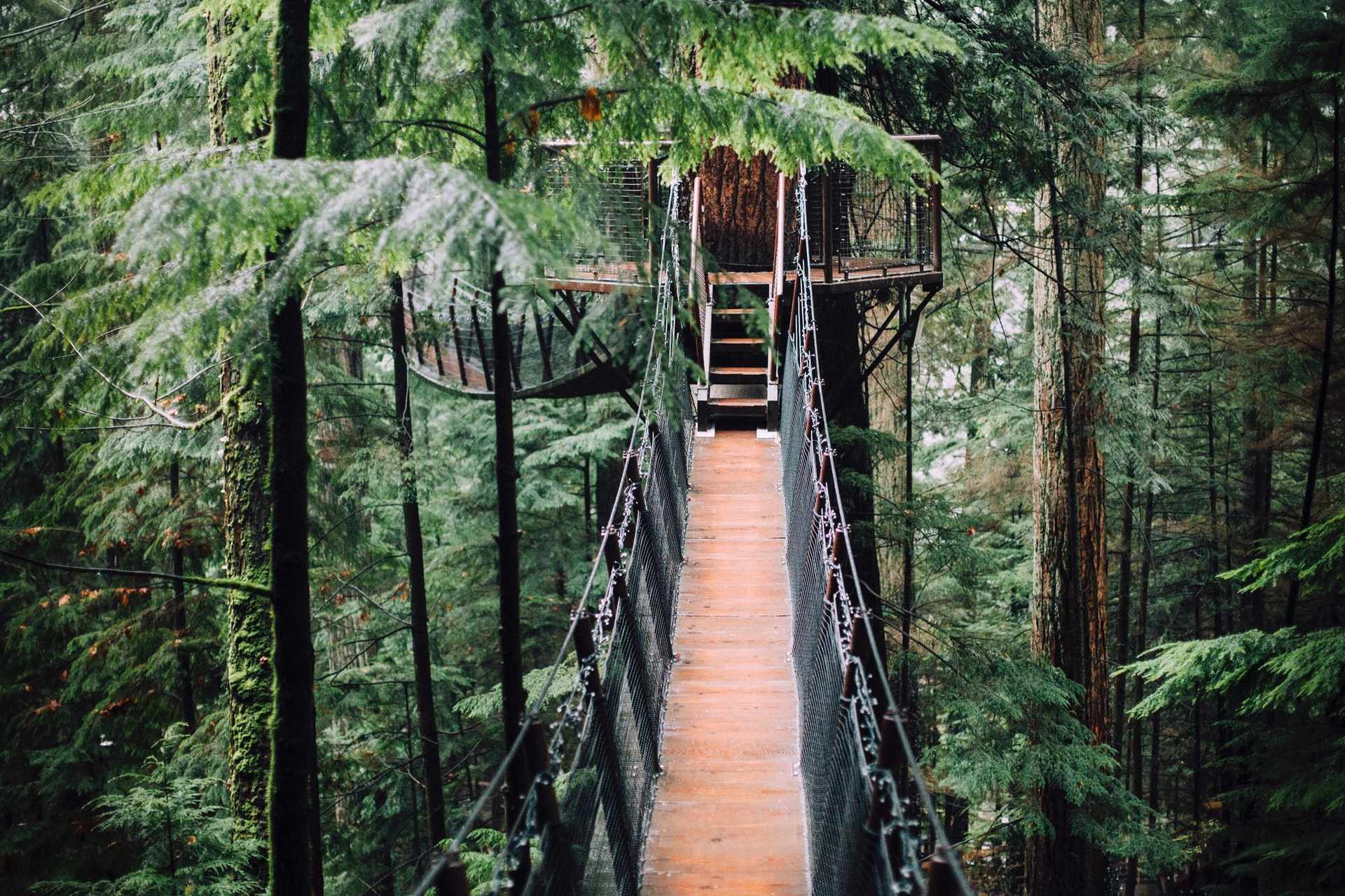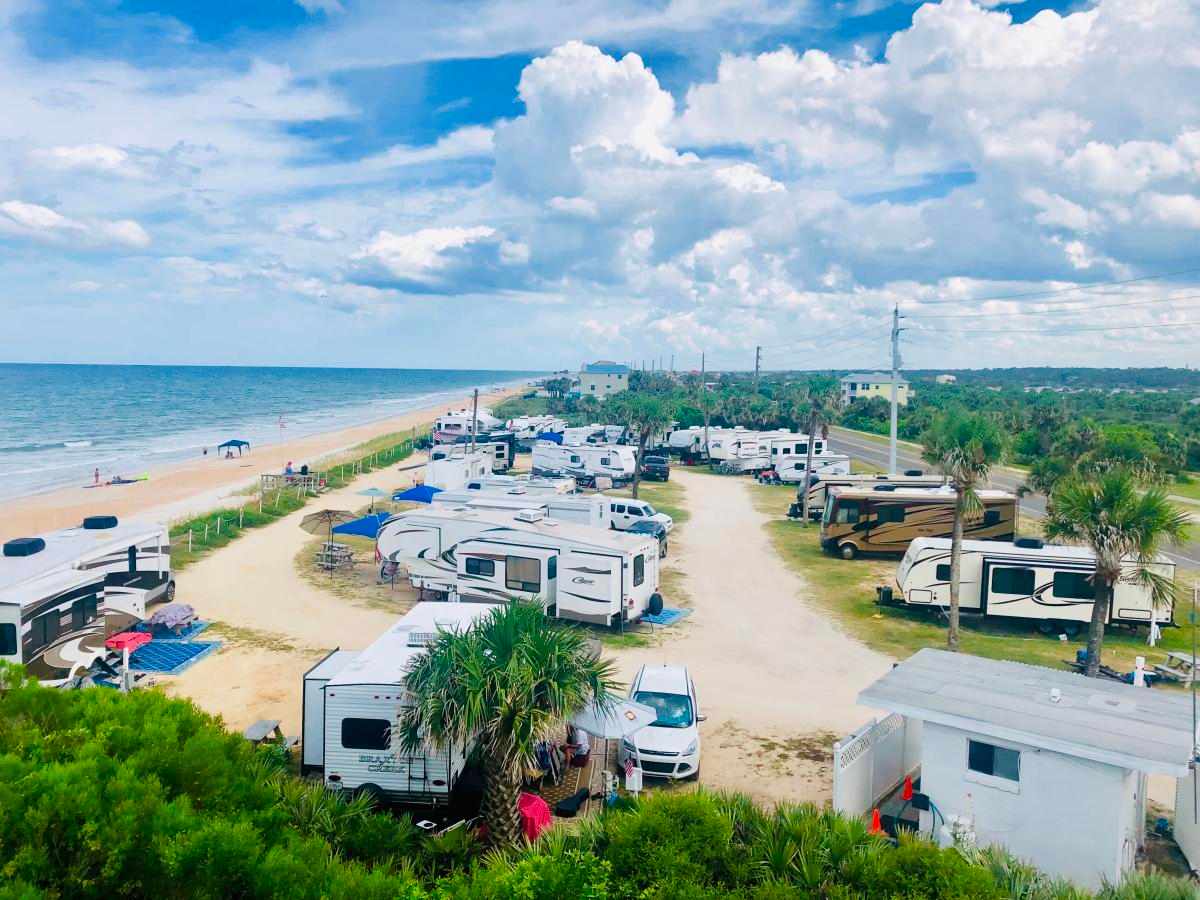Exploring the great outdoors as a camper is always an adventure. And sometimes sharing that experience with a group of friends is even more rewarding. Group camping, however, takes a little more coordination and planning. If you are considering getting away from it all with a large group, there are several things to take into account.
In this article, we’ll outline ten tips for planning a big group camping and road trip adventure. Buckle up!
RVs For Rent Near You

Tip #1: Decide Where
The first thing you should decide on as a group is what kind of camping you want to do. Your three main options are private campgrounds, public campgrounds, and dispersed camping.
- Private campgrounds: There are private campgrounds located all over the country. These grounds range from luxurious resorts to simple tent pads and RV sites. Private grounds tend to be the most expensive option, but you can definitely find some deals out there.
- Public campgrounds: You’ll find public campgrounds at national, state, and even some metropolitan parks. These tend to be cheaper, but may have fewer frills.
- Dispersed campgrounds: Dispersed camping, or “boondocking“, is typically done on public lands owned by states or the Bureau of Land Management. It’s free, but you won’t find any amenities. You’ll need to pack in everything you need, including water.
If your group isn’t sure what type of site is best for the trip, consider the following questions.
- Is your group made up of experienced campers? If this is everyone’s first time, it may be best to stick to a private or public campground.
- Are bathrooms, water, and electricity on-site essential elements of your camp outing? If so, you’ll want a site that has hook-ups.
- Does your group have a tendency to be loud or want to stay up after-hours? Be respectful and aim to find a secluded camping area if you want to stay up late.
- Will you need group shelters that are sometimes available at campgrounds? How about fire pits or a grill? (Note: Always check fire warnings for the area.)
Always be sure to check out campground rules. There are often capacity restrictions on sites, so you’ll want to ensure you’re good to go before packing your bags.
Tip #2: Look for Activities
Depending on the season, your group may enjoy canoeing or kayaking on a local lake. Or maybe the group you’re traveling with are hardcore rock climbers, bicyclists, or fishing buddies. If night photography is your group’s specialty, find a campsite far away from city light pollution. In other words, pick a location that will provide the perfect setting for the activities you plan to offer.

Tip #3: Reserve Early
If a group campsite is necessary for a private or public campground, make reservations six months in advance, if possible. However, if your members will be making their own reservations set an end-date as far ahead of time as you can.
Remember that many campsites must be paid for in advance or a deposit must be put down. Be prepared to provide cash when the reservations are made.
You can utilize services like Recreation.gov or BookYourSite.com to make your reservations.
Tip #4: Divide and Conquer
Depending on the size of the group, you may need to assign participants different team responsibilities. Doing this will ensure they everyone is pulling their weight and no one person is responsible for all the work that comes with camping. For example, you can create groups for:
- Set-Up Crew
- Food Transportation Crew
- Breakfast Cooks
- Dinner Cooks
- Clean-Up Crew
- Activity Crew
- Fire Crew
If your group is small, assigning tasks isn’t as much of a necessity. But in groups of 20 or more, your event will run much smoother if everyone knows what they are responsible for providing.
In that case, it may be helpful to have a spreadsheet or form of some kind that will help you keep track of participants’ teams, payments, necessary food needs, and what they will be bringing that will be shared with the others (i.e., sports equipment, coolers, grills, group tent).

Tip #5: Create a Menu
Once you know the number of campers you’ll have, you can plan a menu for each group meal that will be provided. Outdoorsy’s Never Idle Blog has several ideas and recipes that might be helpful for planning.
It’s important here to think of meals that can be prepared in bulk. For instance, spaghetti for 25 can be prepared in 2 big pots, if necessary. Easy prep is also a consideration. Grilled vegetables for a large group can be cooked on an open fire, and bratwurst and burgers are easily prepared on a grill. Tacos and burritos can be assembled as a buffet, as can bacon and eggs. Pancakes made cooked to order can be easy too! Check out this video on making just-add-water pancakes. It can easily be multiplied to feed the multitudes.
Dinners are usually a time when everyone in the group will eat together. Breakfast and lunch, on the other hand, are meals that can be easily put together by the participants when they are ready to eat on different schedules. Big salads, sandwich meats, bagels, and cereal can all be set out for late risers or lunch nibblers. Try not to include foods that spoil easily, like those with mayonnaise.
Be sure to add items to meet the needs of special food allergies or diets so everyone can find something to enjoy. Your budget for food should also take into account drinks. Include milk, coffee, water, soft drinks, and beer. Evenings around the campfire usually require more beer to wash down those s’mores!
Tip #6: Shop in Bulk
Costco and Sams Club will be your best buddy when purchasing food and drink items for the big group camping trip. So bring a few friends and load up those carts. Remember that some of the items will need to be refrigerated until the trip gets underway, so work out fridge space with some of the other participants, and make sure those who will be on the “Food Transportation Crew” are aware of the space needed in their coolers for the camping trip.

Tip #7: Split the Cost
You’ve got the menus figured and know how much the campsites will cost. Establish a per person price for your camping extravaganza. As far as food is concerned, your price could fall in the $40 to $50 per person range for a weekend getaway, but if your participants are expecting T-bones and champagne, you may have to up that amount!
Having a per-person price established ahead of time lets everyone know what they are getting into. You don’t want anyone to be caught off-guard after everything is said and done.
Tip #8: Plan for Safety
Put together a first aid kit in advance of the camping trip. Include the usual band-aids, antibiotic ointments, cold packs, Benadryl (if there’s no Epi-Pen available), aspirin, tweezers, and sterile bandages. Add to that an emergency phone number for a hospital close to the campsite and a first aid app on your phone.
Other steps you can take to keep everyone safe include deciding on a dedicated meeting spot should someone be separated from the group and sharing phone numbers, so every camper is able to contact the people in your group.

Tip #9: Touch Base
As the big weekend nears, contact each camper, reminding them of the location, time frame, their responsibilities, and what they will be bringing. Confirm the number of people and payment, so that last-minute backing out doesn’t leave you stuck with extra food and missing equipment or an empty spot on your cooking crew.
Tip #10: Set Up Camp
The big day has arrived and so have all of your campers. Now’s the time to let your “Set Up Crew” help out, getting campers situated, and helping those with less experience avoid creek beds or rocky tent sites. They also will offer immeasurable help in putting food together in an enclosed space where animals (and humans) can’t steal bites before it’s prepared.
Get the grills ready for their first workout, put your “Fire Crew” to work setting up a fire pit and collecting firewood (if allowed), and let everyone know about the activities that have been planned and the time they’ll have to enjoy on their own.
Group Camping FAQ
How do we reserve a group campsite?
Check the park’s official website or platforms like Recreation.gov or ReserveAmerica for availability. Some private campgrounds also offer group sites. Make sure to reserve in advance, as group campsites are usually limited.
How many people can stay at a group site?
Group sites often accommodate 10–50 people. Always check the specific site’s capacity and restrictions to ensure the site you reserve will work for your camping crew.
What if some members don’t have camping gear?
If some people in your group don’t usually camp, they may not have gear. In this case, share gear among the group. It’s also possible to rent equipment or look for campgrounds with cabin or tent rental options.
How do we organize food and meals?
As mentioned above, we recommend planning group meals and assign responsibilities for cooking, cleanup, and shopping. Potluck-style meals can help divide the workload.
Are pets allowed?
Many campsites allow pets but may have restrictions, such as leash rules or breed bans. Confirm before bringing any animals. It’s also a good idea to make sure the whole group is okay with camping with animals.
What’s essential for group camping?
- Shelter: Tents, tarps, sleeping bags, and sleeping pads.
- Cooking: Portable stoves, grills, coolers, utensils, and food storage.
- Hygiene: Soap, hand sanitizer, towels, and biodegradable toiletries.
- First Aid: A well-stocked first aid kit tailored to the group size.
Should we bring firewood?
Some parks require you to purchase wood onsite to prevent spreading pests or diseases. Other parks won’t have firewood available for sale. Check with the campground to learn what the rules are and whether firewood is available for purchase in the park.
What activities are great for group camping?
Hiking, kayaking, stargazing, campfire stories, scavenger hunts, and team-building games. Bring gear like frisbees, board games, or fishing equipment. Having a variety of activities planned will ensure everyone has a good time.
What if bad weather hits?
Bring extra tarps, waterproof gear, and warm layers in case of wet or cold weather. Make a plan to move to vehicles or shelters if needed, so your trip isn’t a total loss.
How do we keep the peace with fellow campers?
Some campers might be annoyed by a big group of campers nearby. You can help prevent this by following quiet hours and keeping the noise level down in general, keeping campfires under control, and respecting personal space (don’t walk through other campsites).
Now that you’ve planned your group camping getaway, it’s time to sit back and let all of your planning culminate in a smooth and festive weekend spent with friends in the great outdoors!









